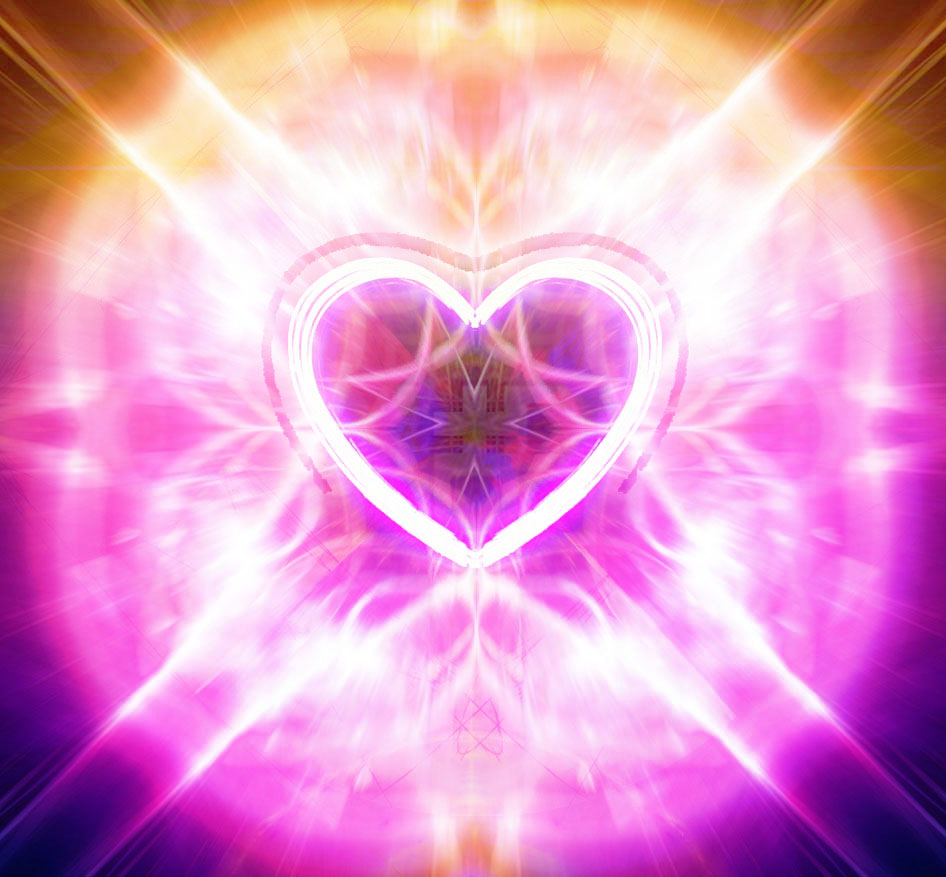The first counsel written over the gateway to the temple of Delphi, “Know Thyself” says it all when it comes to discernment. I have found that discernment has a direct correlation to how well I know myself. Having good discernment can help us with questions like: What is the best decision for me to make in the moment and what is not? What is it I’m feeling – is it mine or someone else’s? Is this career path in my future?
These questions can be answered with discernment. People, places and things either resonate with us or they don’t. So how do we know which to choose when presented with a choice? How do we discern the highest and best for our self?
I believe we all have a soul and our soul carries a blueprint, or rather a wish list, for our lifetime – people we planned to meet, lessons we want to learn, things to experience, locations on earth to live or visit. Things like that. Many times however, more than not, we are unaware of our soul’s intention for us. It’s unconscious because we get a big memory wipe when we arrive here, putting us at a great disadvantage.
But maybe there is a way we can know, a way that can help us start to put pieces together that could help us remember. The way, I have found, is through discernment. When things feel “right” we are on our soul’s path. When they don’t, time to make a course correction.
When we are grounded and clear, it’s easier to discern. If we are worried, fearful, or upset in any way, it’s impossible. This is usually the case when faced with a big decision. Add a family, career, finances, etc. into the mix and there is even more confusion, making it tough to discern what is best. When we allow the opinions of others to influence us, our own discernment usually gets lost.
The more unattached to an outcome, the better. However, removing ourselves from the outcome of a potentially life altering decision is difficult at best. Emotions and feelings can also get in the way and prove to be more of a hinderance. Sometimes these feelings may not even be our own.
Discernment as defined in Merriam-Webster: the quality of being able to grasp and comprehend what is obscure (not clearly seen).
For me, discernment starts within the self and ends there. It’s purely an inside job and works best when the heart is open. You must know yourself as the counsel states – meaning knowing who you are, your strengths and weaknesses, your wounds, your behaviors and reactions, your feelings, beliefs, values – in short – who you are. Total honesty is needed for this.
Even if you haven’t “found” yourself yet, that’s OK! This is something you know about yourself. This is honest. If you know you are generally swayed by other people’s opinions, this too is fine, again you’re being honest with yourself. I believe this is what is meant by “know thyself.” Knowing who you are without judgment, just the pure honest truth. When there is no judgment, there is unconditional love and it’s easier to access true intelligence from our heart.
Discernment can be as simple as knowing something doesn’t feel right. It can also feel expansive and positive. Trust these feelings. Like stated above, it’s easier to trust these feelings when one is unattached to an outcome and clear. I find it best to hold off making a decision until I am clear. If I am getting lots of opinions thrown my way I have to literally take a step back and get myself grounded and back into my heart. Only then can I go inside and ask myself what it is I need to know. If it feels expansive and good – it’s for me. If I feel nothing or shut down – it’s a “no.”
How many times have we made decisions that we instinctively knew were wrong only to kick ourselves later? I can raise my hand to that one! What happened? Why do we do this? I am sure there are lots of reasons. For me I can say I was in denial, or I was wanting to please my parents, or I thought I knew what was best for me. I chose not to listen to myself.
On the bright side, I had stacked up experiences that showed me what my discernment was and what it felt like. I had examples of what my “yes” felt like even though I ignored it. I then had to look back to see what was in the way of following through with my “yes.” Why did I choose to go against my own discernment? Fear was my answer. Fear of reprisal, fear of not being loved, fear of making a mistake and/or doing something wrong. I didn’t trust myself either even though initially I knew what was the right thing to do.
Once I understood these deterrents and negative beliefs lived within me as a human being, then it was easier to just witness all the objections. I could live the rest of this lifetime and probably many others trying to “heal” all of these things only to find there is more, and more, and more things to heal!! Instead I choose to just witness them and allow them to be, not giving them any power over me. Once the objections have their say, I am free to follow my discernment without issue.
For a more updated version of this post:
Learning Discernment: A Crucial Skill
The first counsel written over the gateway to the temple of Delphi, “Know Thyself” is an important element of good discernment. In my experience, there’s a direct correlation between the quality of discernment and how well we know ourselves. Having good discernment can help us see things with a clear eye and receive answers to…



Leave a reply to AmyRose🌹 Cancel reply